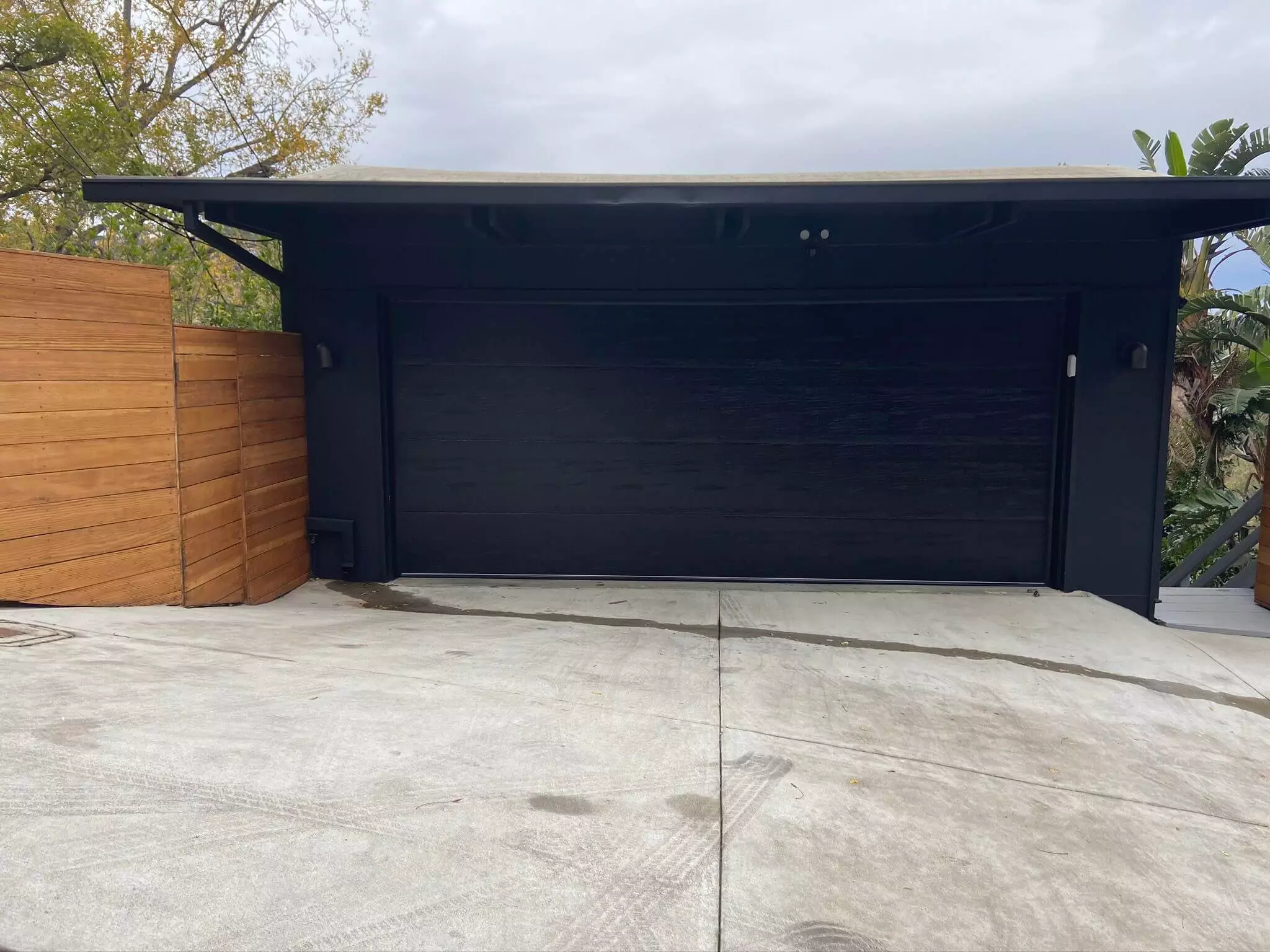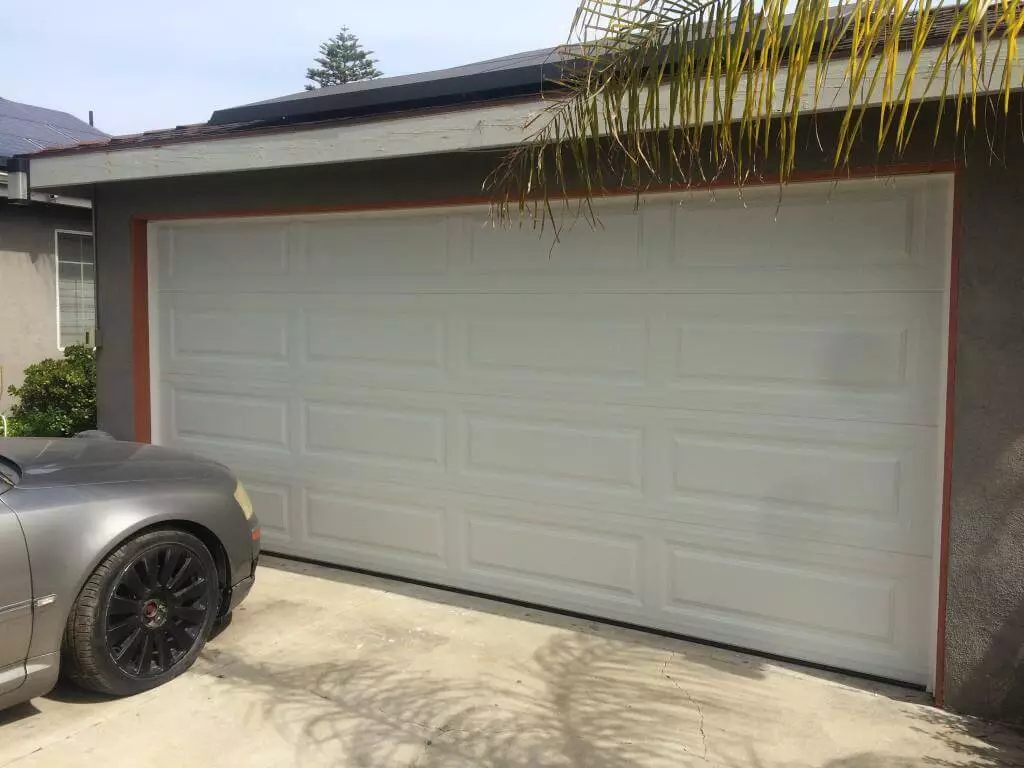Electric bikes and scooters are two great options if you’re looking for a way to get around town without relying on public transport. But how do you decide which one is right for you? Both offer the convenience of an electric motor, but each has its own benefits and drawbacks. In this post, we break down the differences between electric bikes and scooters so that you can decide which will work best for your needs.

Electric Bikes
An electric bike (e-bike) is a regular bicycle with an added motorized assist. This means that while you still have to pedal, the motor helps to reduce physical exertion by providing supplemental power as needed. A typical e-bike battery will last up to 90 miles on a single charge, depending on usage and terrain, making them ideal for long-distance travel or commuting. E-bikes like Ado a20+ also come in both folding models, making them easy to store when not in use.
The main downside of e-bikes is that they tend to be more expensive than electric scooters due to their higher-quality components and longer battery life. Additionally, because they require pedaling, they are not suitable for riders who cannot physically pedal or those who would prefer not to do so.
Electric Scooters
Electric scooters are powered entirely by electricity; no pedaling is required. They typically have a shorter range than e-bikes—anywhere from 15–45 miles depending on the model—so they’re better suited for short trips around town or running errands. Most models fold up easily when not in use and are lightweight enough (usually less than 25 pounds) to be carried upstairs if necessary. Additionally, many models come equipped with larger wheels than traditional kick scooters, making them more stable over rough terrain.
The main disadvantage of electric scooters is that they tend to be slower than e-bikes due to their smaller motors and lighter weight frames; average speed ranges from 8–15 mph depending on the model and terrain type. Additionally, because of their smaller batteries and lack of pedaling options, most electric scooter models don’t travel as far per charge as an e-bike does before needing a recharge (which can take anywhere from 4–8 hours).
Conclusion
When it comes down to it, choosing between an electric bike or an electric scooter depends largely on your individual needs and preferences – what kind of range do you need? Will you be riding over rough terrain? Do you want something lightweight that can easily be folded up when not in use? Answering these questions will help you figure out which option is best for you – whether it’s an e-bike or an electric scooter – so that you can get where you need to go quickly and efficiently.
Social Links: Noteflight, Minneapolis.Bubblelife, Jigsawplanet

An avid traveler, James Lee has been to over 50 countries. He has an extensive background in tourism and hospitality management, along with a degree in Hospitality Management from the University of Nevada Las Vegas. James is very knowledgeable about travel-related topics – they are always up to date on the latest deals for flights, hotels, and other adventures around the world.












